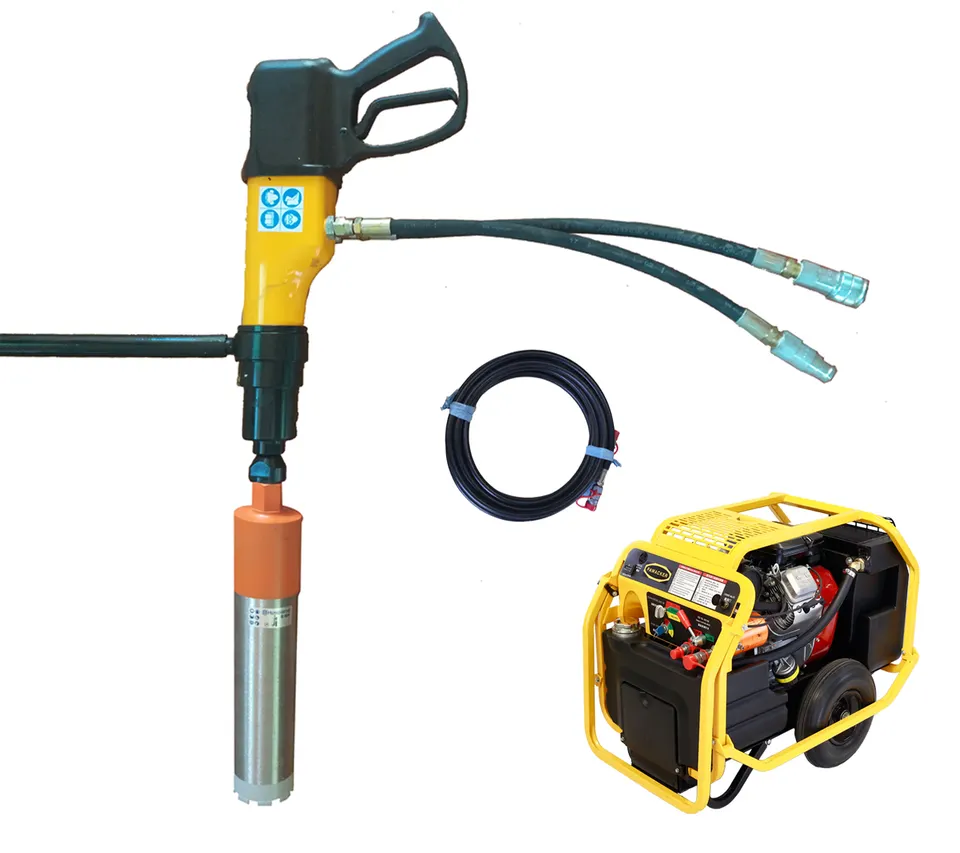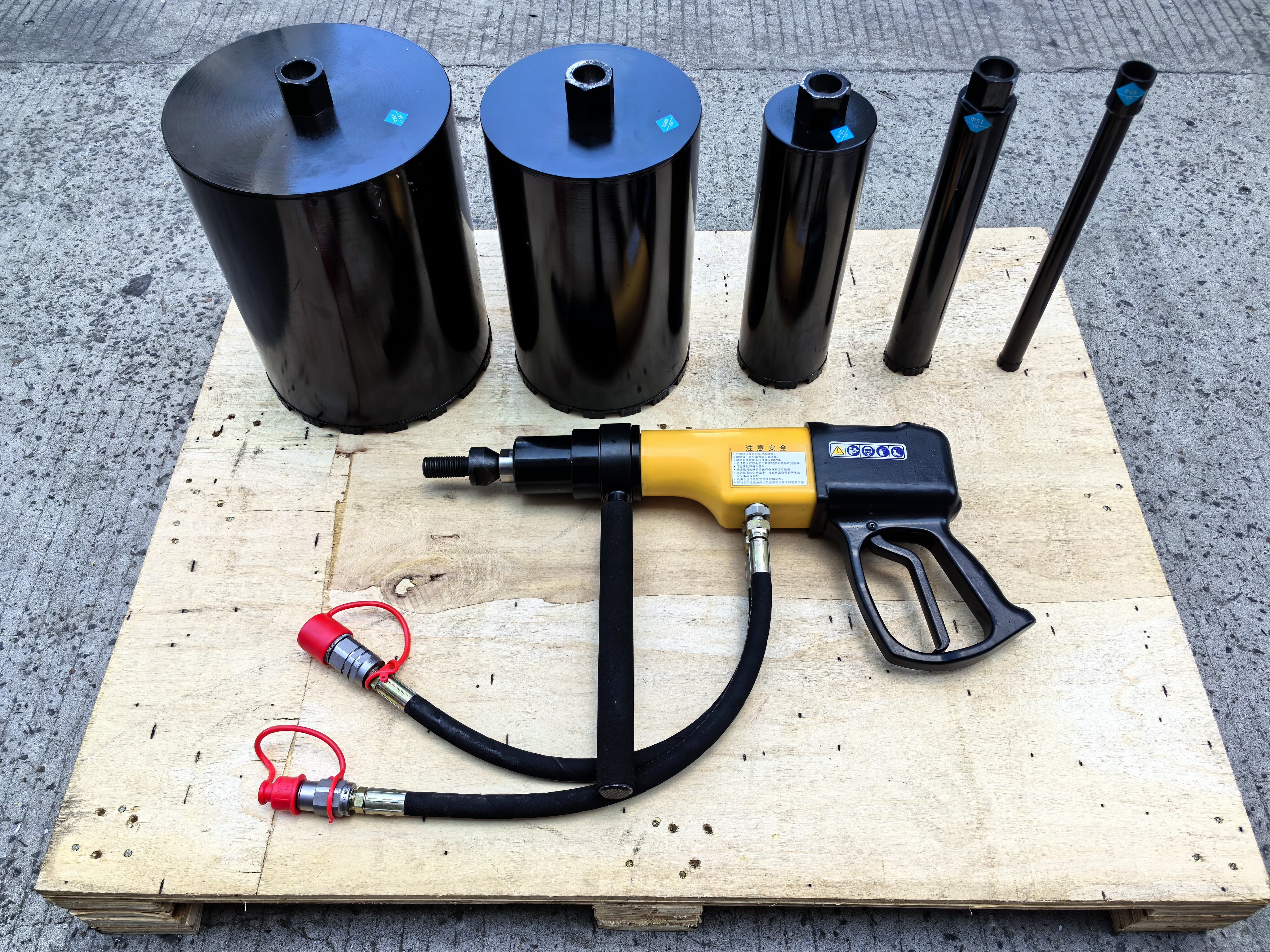Hydraulic Core Drill: Drill for Core Sampling in Hard Materials
A hydraulic core drill is used for core sampling in hard materials like rocks and concrete. It uses hydraulic power to drive the drill bit to cut and extract core samples. In geological exploration, construction quality inspection, and other fields, a reliable hydraulic core drill should have features like high drilling precision and stable operation to obtain accurate core samples. DECKWELL may potentially offer such products for relevant applications.
Get A Quote

